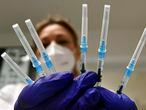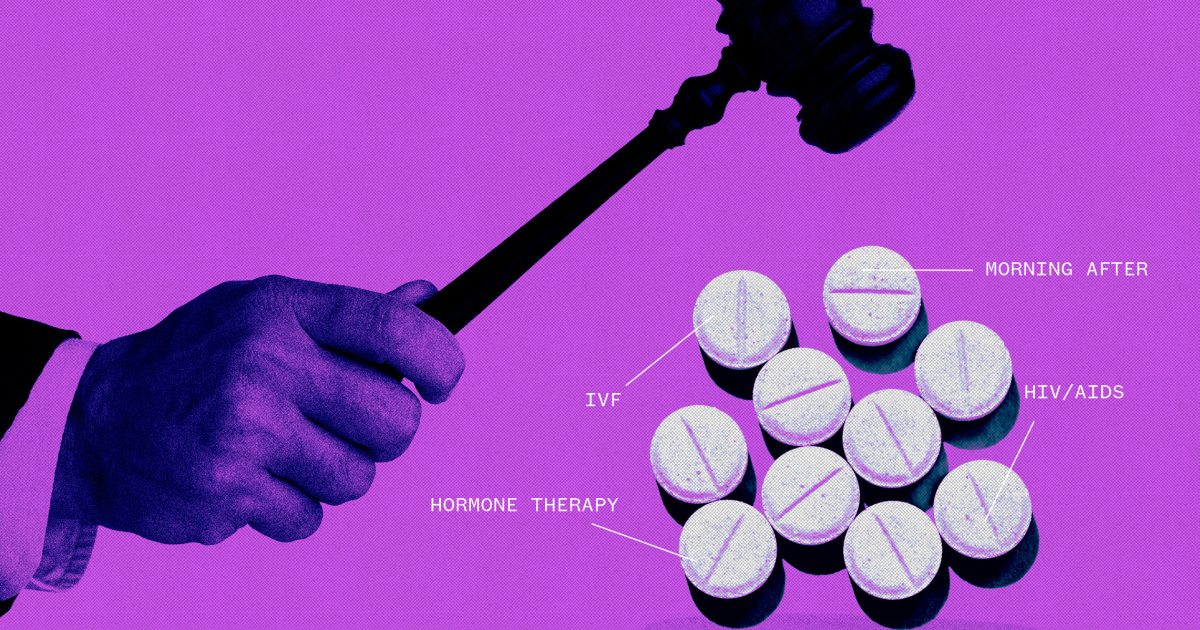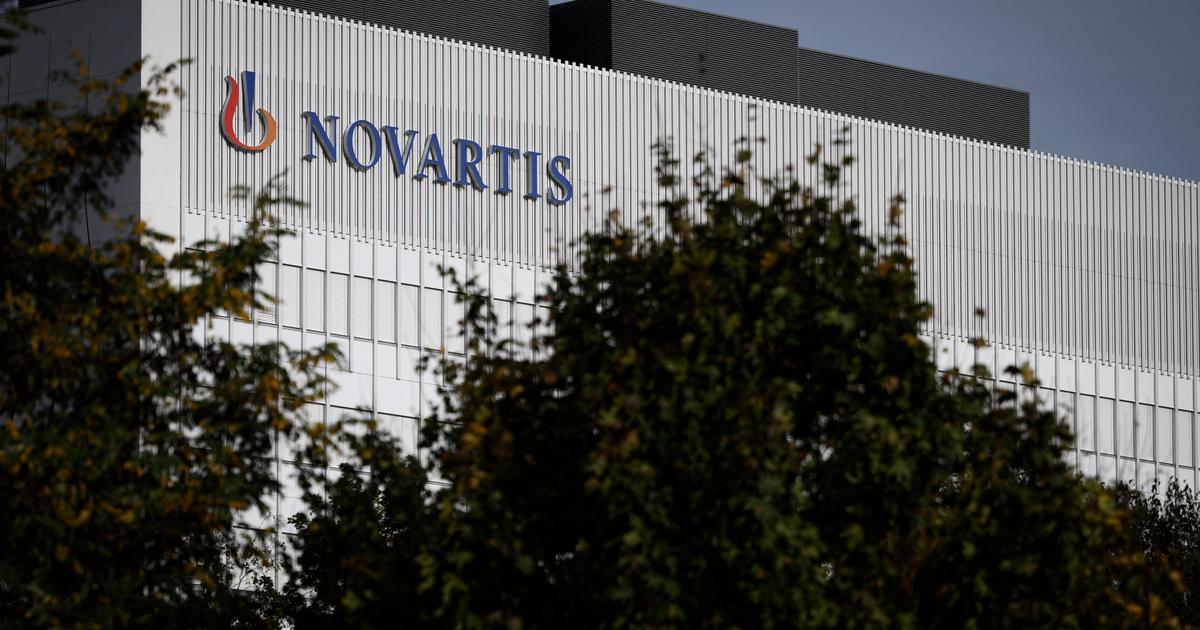Whether healthy adults already vaccinated need a third dose against the coronavirus in order not to lose the immunity gained thanks to the first two is one of the key questions to answer in the remaining months of 2021. For now, the majority position of scientists is It is not necessary, although the debate is still open, also driven by other variables such as policies - all governments want to show themselves as the best prepared in the face of the pandemic - and commercial ones, with pharmaceutical companies trying to convince regulatory bodies to the benefits of the third puncture.
The controversy will experience a key moment this Friday with the meeting of the FDA panel of experts, the US agency that will then have to decide whether or not to authorize the third dose of Pfizer-BioNTech for the general population.
The FDA already gave the green light on August 13 to the third puncture for immunosuppressed patients.
In this case, however, it was not about stopping the supposed immune loss, but about helping these people to reach the optimal level of defenses.
More information
"There are no data to support the third dose for the general population"
The third dose will depend on what the variants change
“Some immunosuppressed patients need three doses to achieve the same protection that the rest of the population gets with two. It is something that is also seen in older people, whose immune system weakens with age. But there is no evidence that in the rest of the population there is a loss of the immune response that requires a third dose ”, says Africa González, professor of immunology at the Center for Biomedical Research (CINBIO) of the University of Vigo.
This is essentially one of the two confronted positions. It is the one followed by Spain and the one presented by the European Medicines Agency (EMA, in its acronym in English) on September 2, when in a statement it defended that "there is, with the available evidence, an urgent need to administer a booster doses in already vaccinated adults ”. This sustained efficacy is the same for “all licensed vaccines” in the European Union (Pfizer-BioNTech, Moderna, Janssen and AstraZeneca).
The EMA, however, has not yet made a final decision and as of day 6 evaluates Pfizer-BioNTech's request to authorize the third dose for those over 16 years of age “six months after receiving the second”. The agency plans to fix its position "in the coming weeks," according to a statement. The request of the two companies is based on a phase 3 trial with 306 participants and pending publication in a scientific journal.
The position of extending the use of the third dose has been defended, in addition to by pharmaceutical companies, by some governments. The first to do so was Israel, which has given Pfizer-BioNTech a leading role in its fight against the pandemic in exchange for first ensuring the doses necessary to immunize the population. The United States followed suit a month ago, when President Joe Biden promised to launch a campaign on Sept. 20 to inoculate all already vaccinated adults with a booster dose.
Several scientists, however, have disputed the announcement as being made before — and not after, as would be expected — the FDA made a decision based on the available evidence. According to some analysts, it was the internal pressure of some governors and other figures in the face of announcements made by other countries and the fear of being left behind that led Biden to take the step. This has caused some tensions within the agency (two of its scientific advisers have announced that they will resign from their posts) and has led the White House into a delicate situation. John P. Moore, a virologist at Weill Cornell Medicine (New York), summarized it for
The New York Times
with the following words: “The Government said several weeks ago that the population needs a cake, that it deserves a cake and that it will have a cake.
And now the population is waiting for their cake and will be angry if it is taken from them ”.
The United Kingdom, for its part, has opted for an intermediate option: offering the third puncture to those over 50 years of age and health personnel, in addition to the immunosuppressed.
As the date set for FDA experts to make a decision has drawn closer, the debate over the third dose has grown.
It is not by chance that the evidence that is being built in their favor comes precisely from Israel.
An article published this Wednesday in the prestigious
The New England Journal of Medicine
concludes that the risk of contracting a severe covid among people over 60 who had received the third dose was up to twenty times lower than among those who had received only two.
The FDA has invited the head of the public health services of Israel, and co-author of the study, to present these conclusions in the committee of experts this Friday.
Experts, however, warn that observational studies are always subject to biases that can be very important in these cases, in a country, moreover, with about a quarter of the population that cannot be vaccinated because it is under 12 years and another 12% who have rejected it for religious reasons.
"They are not comparable situations," says Africa González.
Quique Bassat, epidemiologist and ICREA researcher at the ISGlobal institute (Barcelona), highlights the importance of another text published in recent days, in this case in the also prestigious
The Lancet,
by 18 eminent scientific figures, including members of the FDA itself and of the World Health Organization. The study concludes that there is no solid evidence on the need for the third dose after reviewing the clinical trials and observational analyzes performed.
"This article is important because of its solvency and because it should help to reinforce the position that vaccination coverage of the unvaccinated population must be prioritized, most of whom live in poor countries, before thinking about the third dose for the population. general. It is something that the WHO already said, but the rich countries do not usually pay much attention to it, so it is important that the scientific community align itself and give strength to this position ”, Bassat concludes.












/cloudfront-eu-central-1.images.arcpublishing.com/prisa/S7ERVSCT4FUVX6R7TUVBDNTH5Y.jpg)


